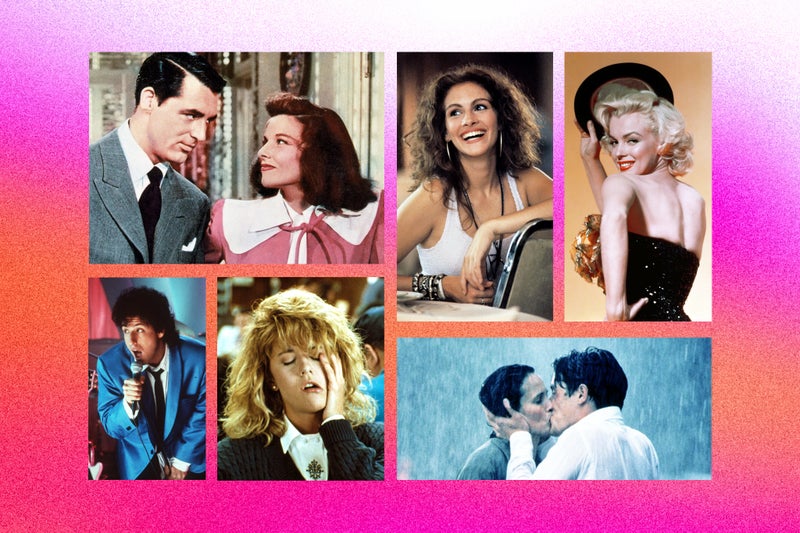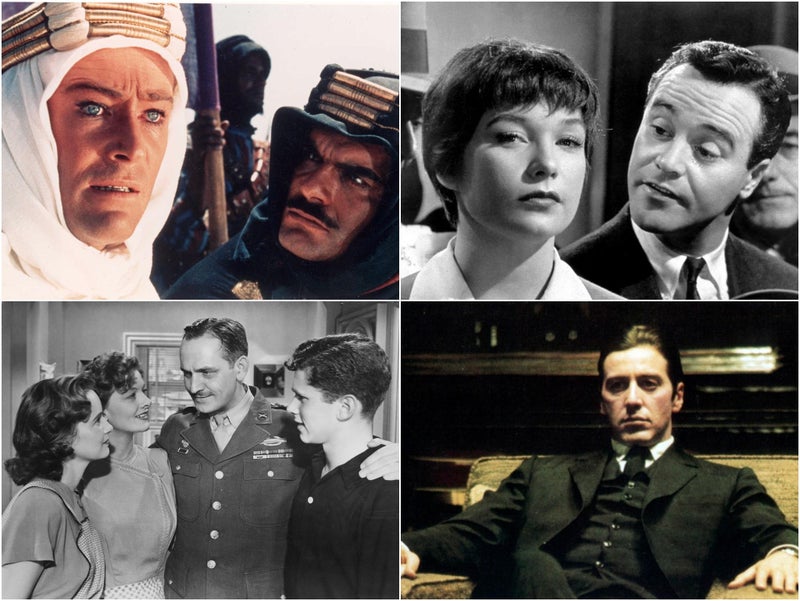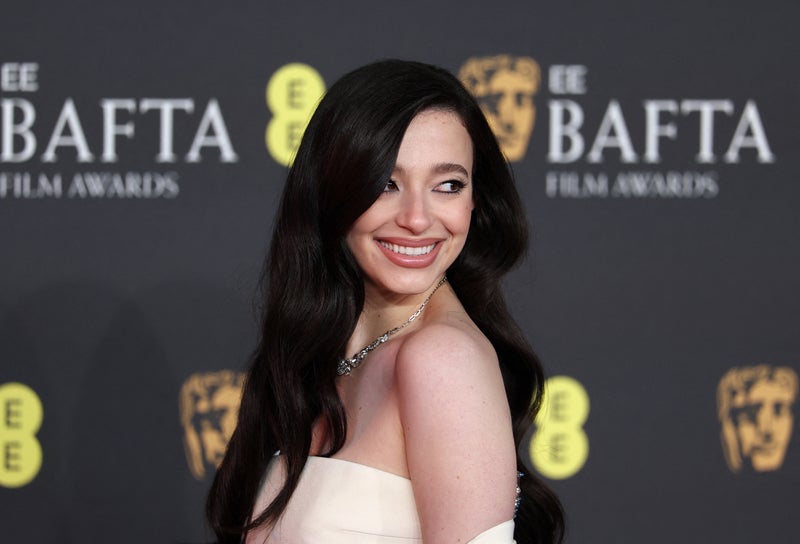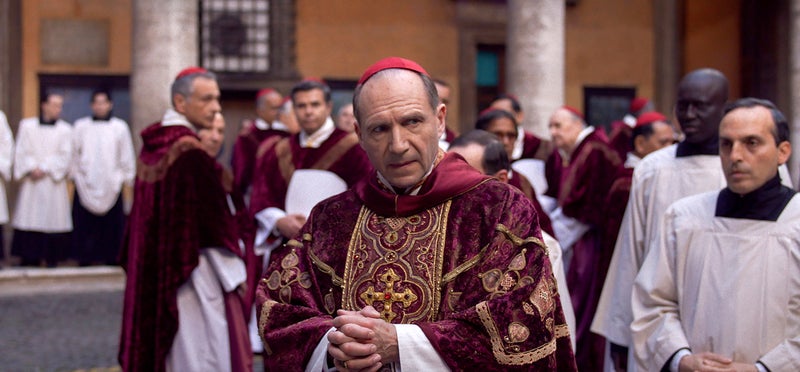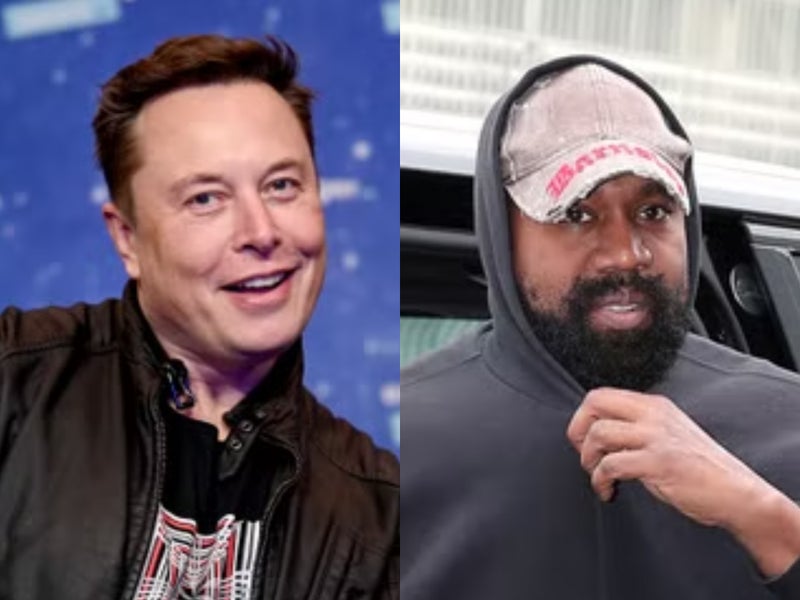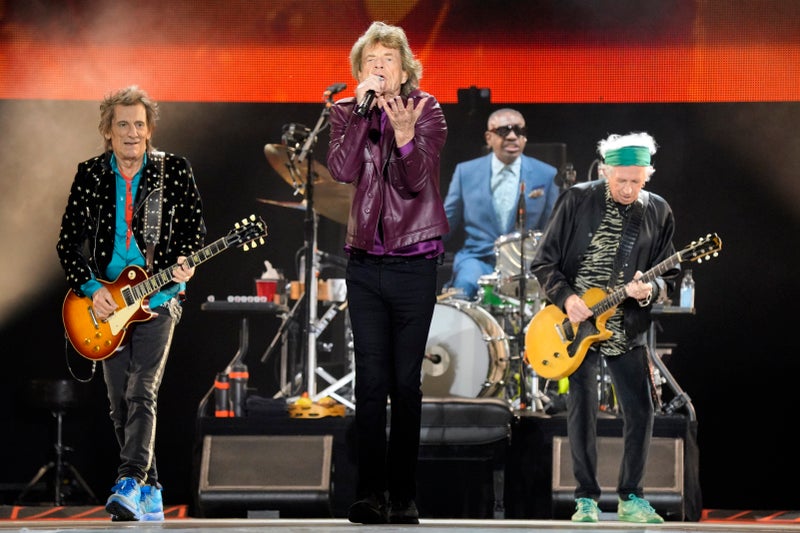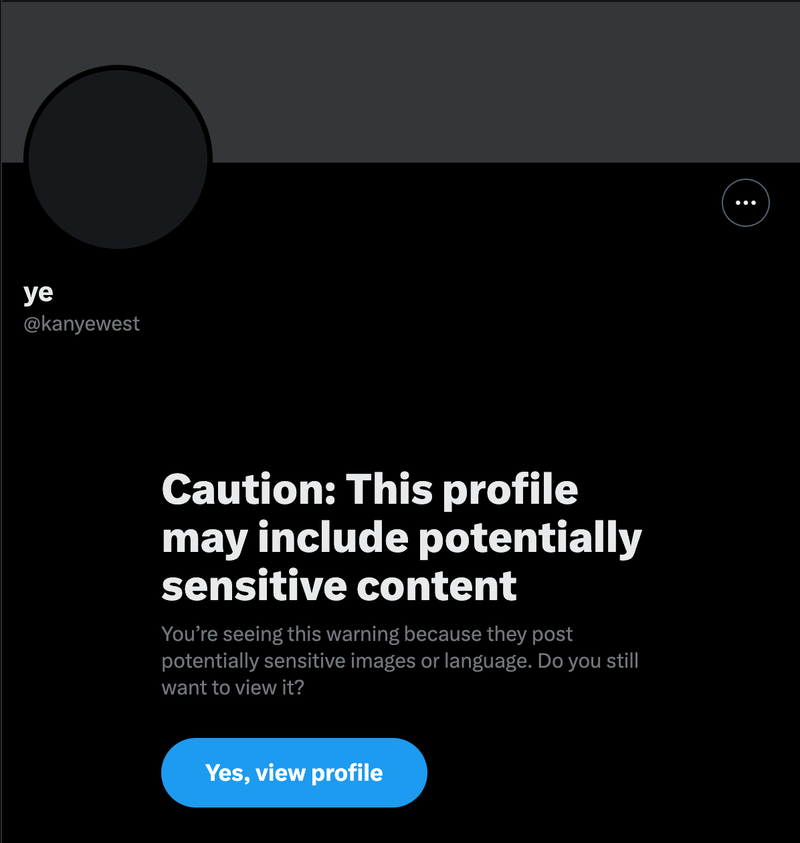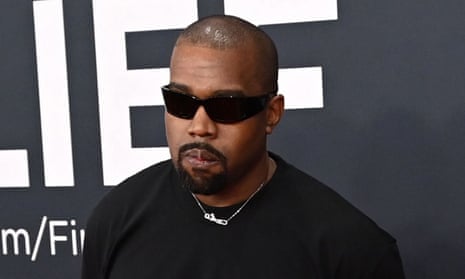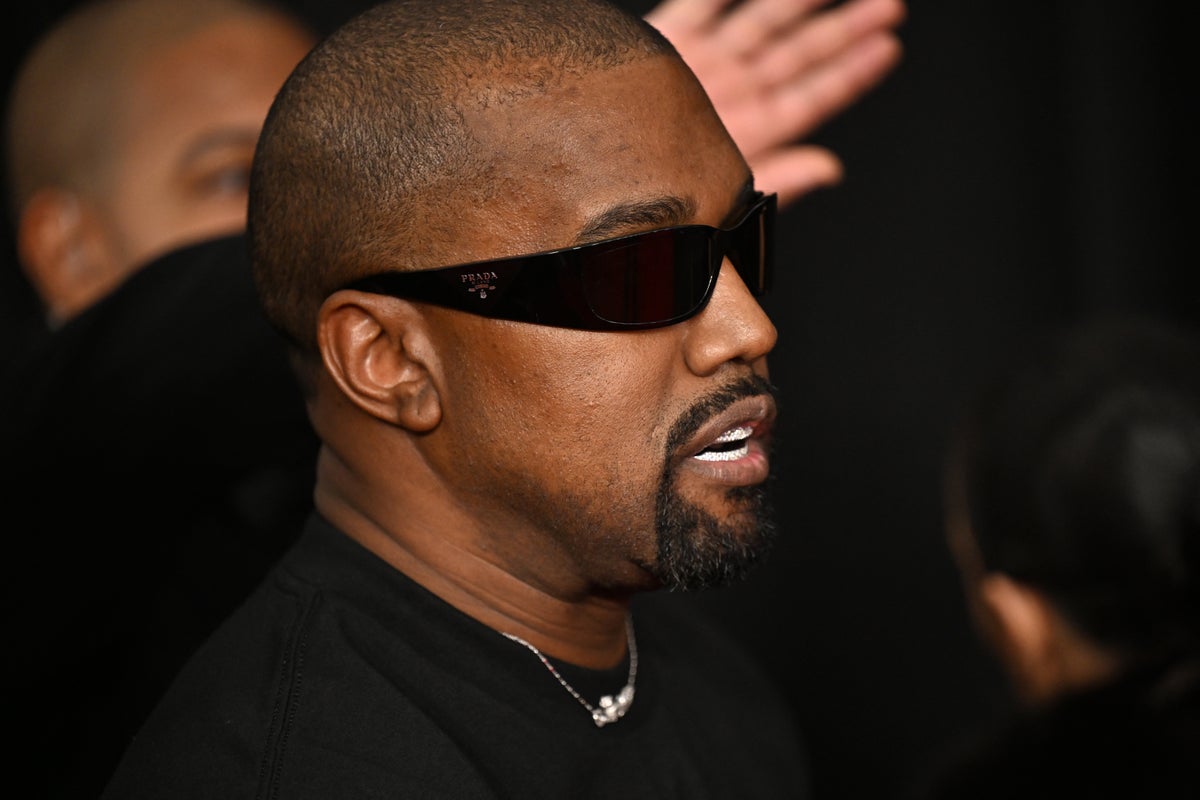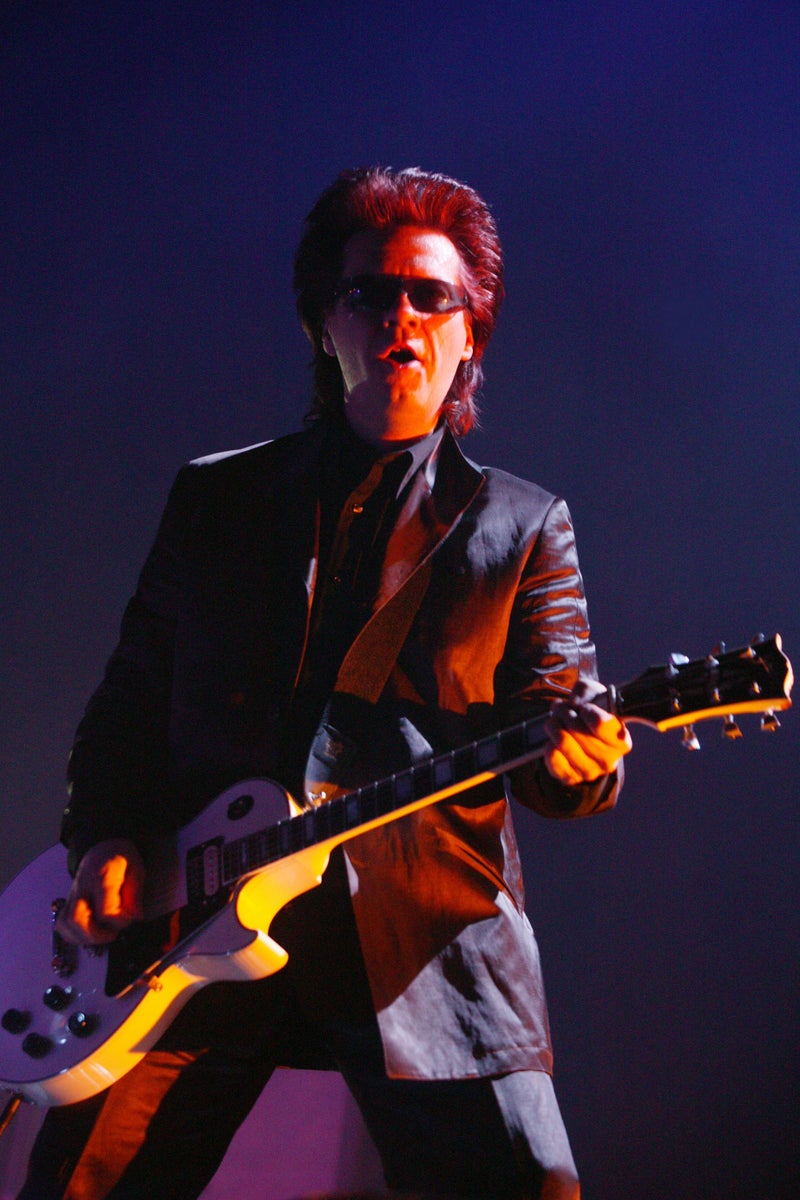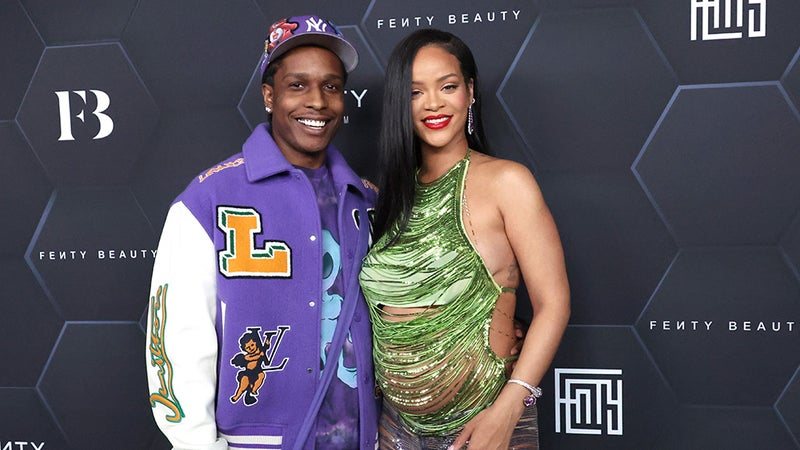Filled with weddings, sardonic best friends and an abundance of Julia Roberts, these are the greatest romcoms of all time – ranked by Adam White from 25 to 1. The metaphorical birthplace of Julia Roberts, Meg Ryan and tubs of ice cream eaten sadly on the sofa, the romantic comedy has survived cliche, shifting cultural mores and Glen Powell and Sydney Sweeney. It remains one of the most important and emotionally essential film genres in existence. And that’s despite almost all of them being exactly the same. And a staggering amount of them being awful.
![[Julia Roberts in ‘Pretty Woman’]](https://static.independent.co.uk/2025/02/11/16/00/shutterstock_editorial_15067789fs.jpeg)
To compile the genre’s 25 best, it was important to maintain strict criteria: a romantic comedy must build to a final rush of feeling and close on a kiss (that means no Working Girl, people!), and the central romance must be the primary hook for the entire film (that means no Clueless or Legally Blonde, nerds!). The usual rules of “good filmmaking” don’t necessarily need to apply, either. The best romcoms are an immaculate fusion of perceptive storytelling, great humour and chemistry in spades. Sometimes, though, you just want to watch pretty actors flirting in immaculate surroundings. Because, truthfully, we’re all just a bunch of lovesick romantics, standing in front of a television set and/or cinema screen, asking to watch beautiful people fall in love.
![[Marilyn Monroe in ‘Gentlemen Prefer Blondes’]](https://static.independent.co.uk/2025/02/11/16/24/shutterstock_editorial_5886079af.jpeg)
Did your favourite make the list?. Let’s get the obvious out of the way first: Pretty Woman sports a sleaziness so disquieting that it’s no real surprise to learn the film was originally planned to be a gritty sex work drama that ended in tragedy. Thank Cupid for the rewrites, then. The Disney-fied Pretty Woman features Julia Roberts in pure star-is-born mode, her joyous pluck overpowering the film’s murkier elements. That the film’s ostensibly heroic leading man (Richard Gere) is an LA suit who hires an escort for the week is slightly maddening. That Pretty Woman somehow makes all of this ickiness romantic? Even more so.
![[Bill Murray and Andie MacDowell in ‘Groundhog Day’]](https://static.independent.co.uk/2025/02/11/16/41/shutterstock_editorial_5883080l.jpeg)
The gross-out comedy boom of the late 1990s and early 2000s is one of the more fascinating minor genre trends in recent decades. The Farrelly brothers launched a cottage industry of films driven by cloying sentimentality and bodily functions. Most have aged poorly, butCameron Diaz’s sunny dream-girl radiance in There’s Something About Mary rescues the film from comic oblivion. She gives a daffy, entirely committed performance as the object of affection for a series of men each landing somewhere along a spectrum of depravity. It’s no wonder she became one of Hollywood’s biggest names in the aftermath.
![[Adam Sandler in ‘The Wedding Singer’]](https://static.independent.co.uk/2025/02/11/16/05/GettyImages-900878.jpeg)
Individual scenes from Gentlemen Prefer Blondes exist in cultural memory far more than the film does as a whole. There’s also a reason for that. Marilyn Monroe’s rendition of “Diamonds Are a Girl’s Best Friend” is frothy, classic-Hollywood gorgeousness at its most primal, while her double act with Jane Russell is almost unfairly chic. But there’s additionally lovely sparkage to the film itself, its DNA found in many of the female-led comedies of the later 20th century. Monroe and Russell are scrappy, ambitious women desperate to marry rich, and the film has a surprisingly sex-positive and self-aware quality to it that feels quietly radical for 1953. Casting dullards as the pair’s respective love interests makes total sense – these are women who could eat stupid men for breakfast, and the film knows it.
![[Julia Roberts in ‘My Best Friend’s Wedding’]](https://static.independent.co.uk/2025/02/11/16/07/shutterstock_editorial_826939a.jpeg)
The most under-the-radar masterpiece of the US teen-movie boom that kicked off in the late Nineties – and drew to a close shortly around Get Over It’s release – this is essentially a “greatest hits” movie pulling from all that was popular back then. You’ve got a Shakespeare parody (the plot here is inspired by A Midsummer Night’s Dream), a sexually excitable animal (it’s very Farrelly brothers), and a host of cameos from celebs of the moment (Sisqó! Carmen Electra! Short-lived pop queen Vitamin C!). Ben Foster is the recently dumped high-school basketball player who signs up for the school play to woo back his ex, only to fall for the adorable younger sister (Kirsten Dunst) of his best friend. Stealing the show is Martin Short as a flamboyant drama teacher. More people should know this film!.
![[Cary Grant and Katharine Hepburn in ‘The Philadelphia Story’]](https://static.independent.co.uk/2025/02/11/16/38/shutterstock_editorial_390850cr.jpeg)
The first Black, mainstream romantic comedy to possess the same aspirational sheen as its white counterparts, Boomerang is a lively battle-of-the-sexes comedy with Eddie Murphy as a womanising advertising executive spurned by his female doppelganger (Robin Givens). Grace Jones, Eartha Kitt and a young Halle Berry make for wonderful supporting players, but Boomerang’s secret weapon is Givens, who gives a performance with so much spark that it’s enraging her volatile marriage to Mike Tyson overshadowed much of her acting career.
![[Meg Ryan in ‘When Harry Met Sally…’]](https://static.independent.co.uk/2025/02/11/16/31/shutterstock_editorial_432225f.jpeg)
Most great romcoms are lucky enough to have one standout set piece that becomes embedded in the cultural landscape. Love Actually, the annually inescapable Christmas romcom behemoth from Richard Curtis, has about six or seven. Because it’s as famous as it is, Love Actually oddly has a tendency to be underrated, dismissed as too cutesy or misogynist, too awkwardly Blairite in its politics. And all of that, in fairness, is true. But it’s also a real classic of the form – masterfully structured, endlessly watchable, and filled with familiar faces, sweet romances and heartache. It’s love in all its colours, often cringeworthy, sometimes monstrous, but always compelling to watch unfold.

